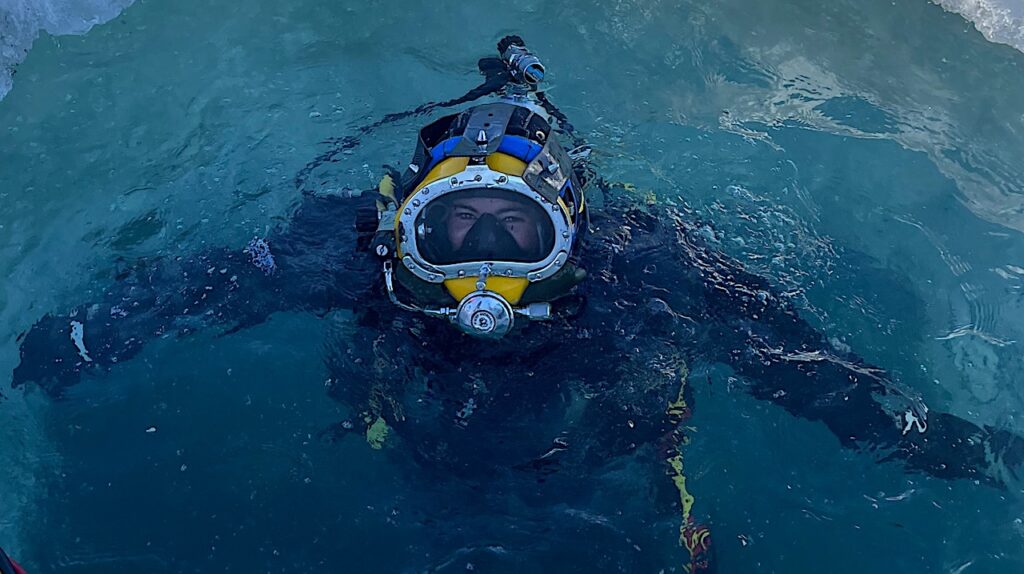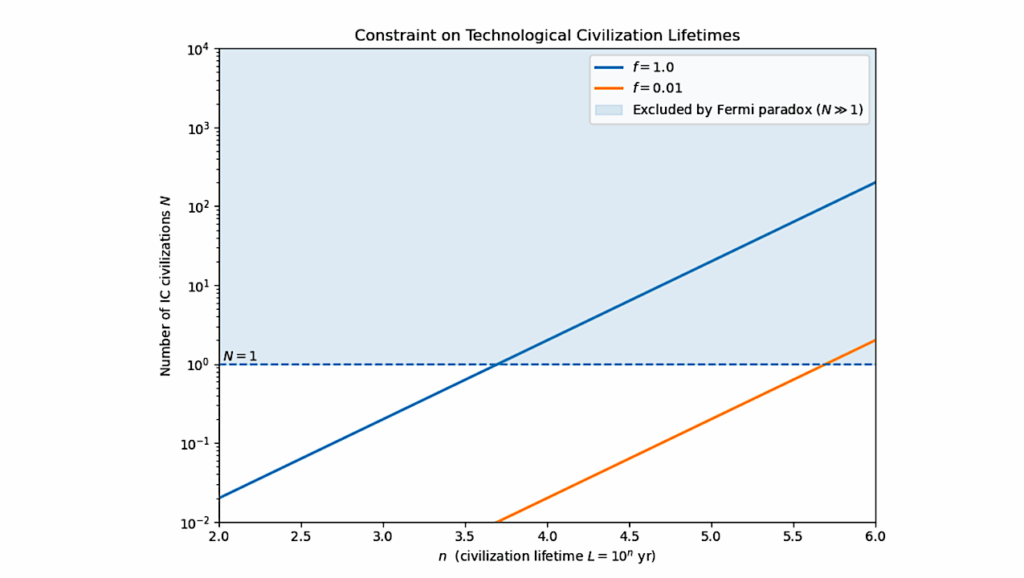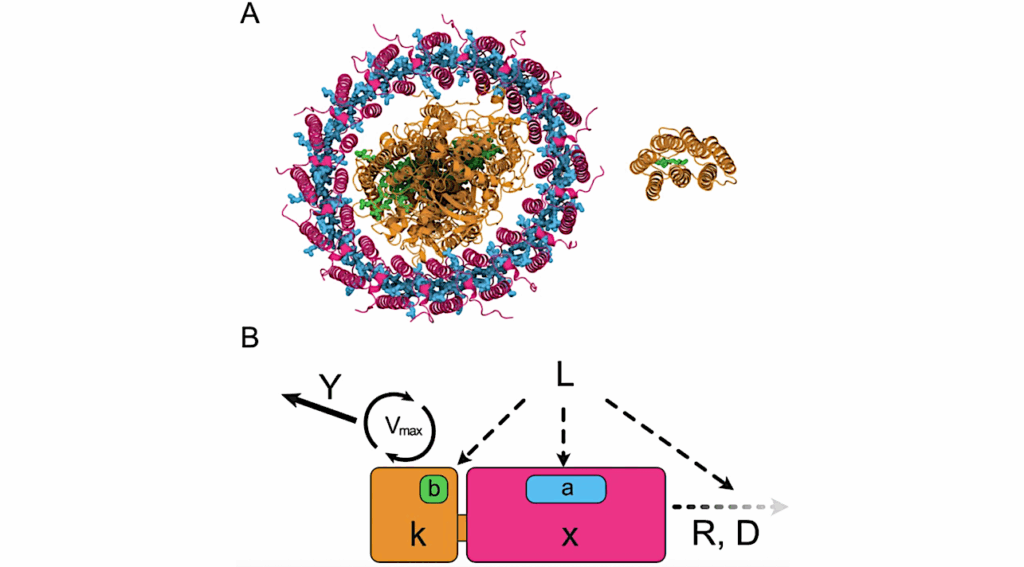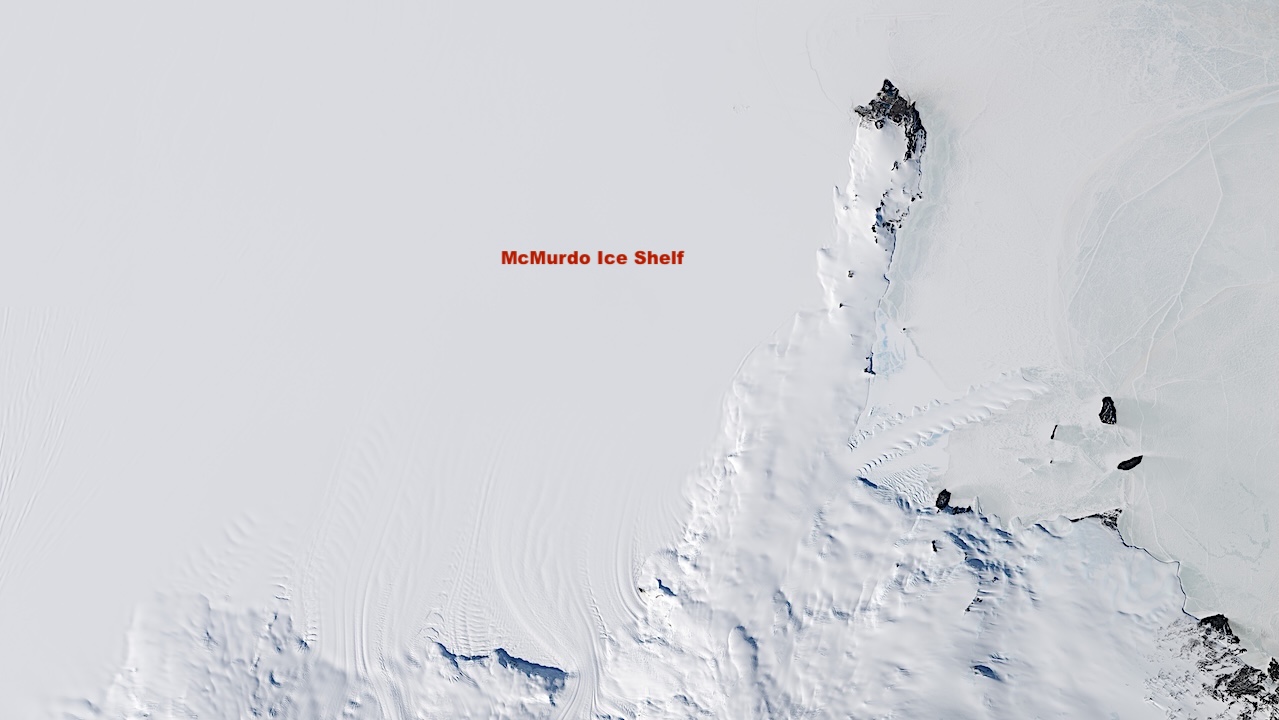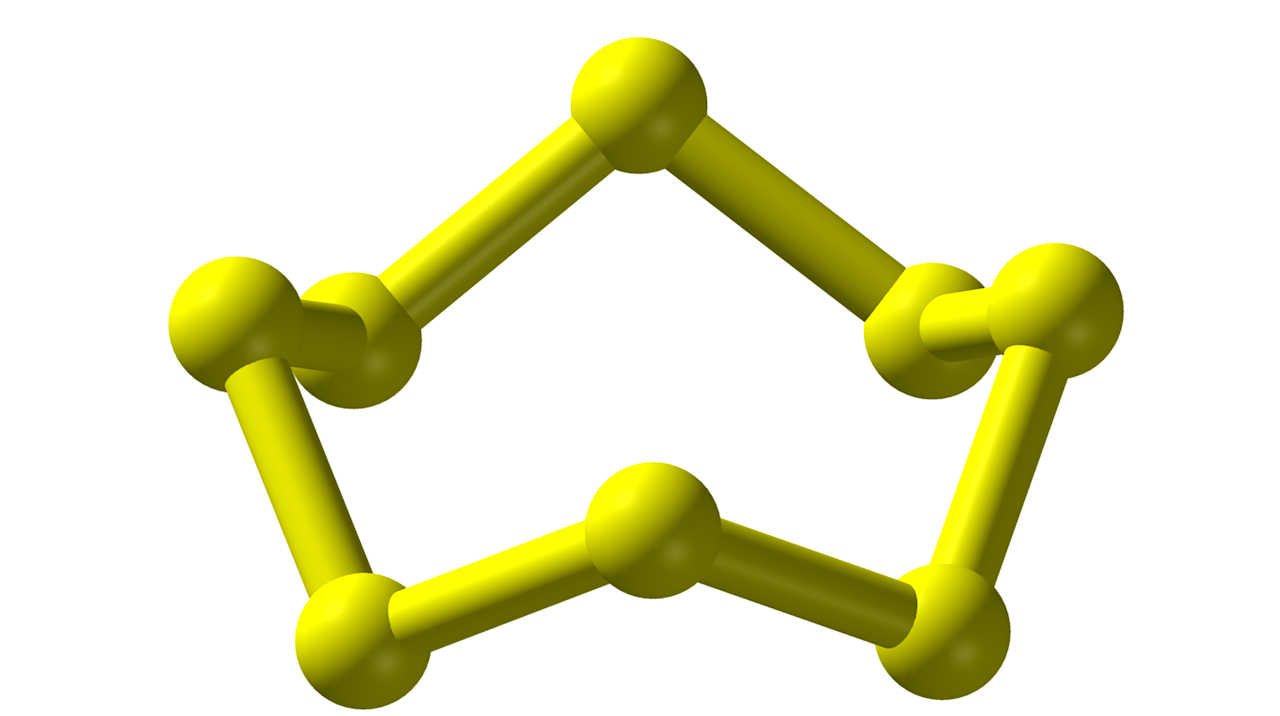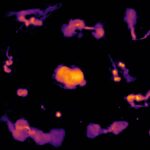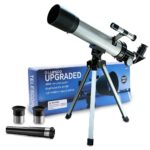Now Reading: Impacts on Ocean Worlds Are Sufficiently Frequent and Energetic to Be of Astrobiological Importance
-
01
Impacts on Ocean Worlds Are Sufficiently Frequent and Energetic to Be of Astrobiological Importance
Impacts on Ocean Worlds Are Sufficiently Frequent and Energetic to Be of Astrobiological Importance
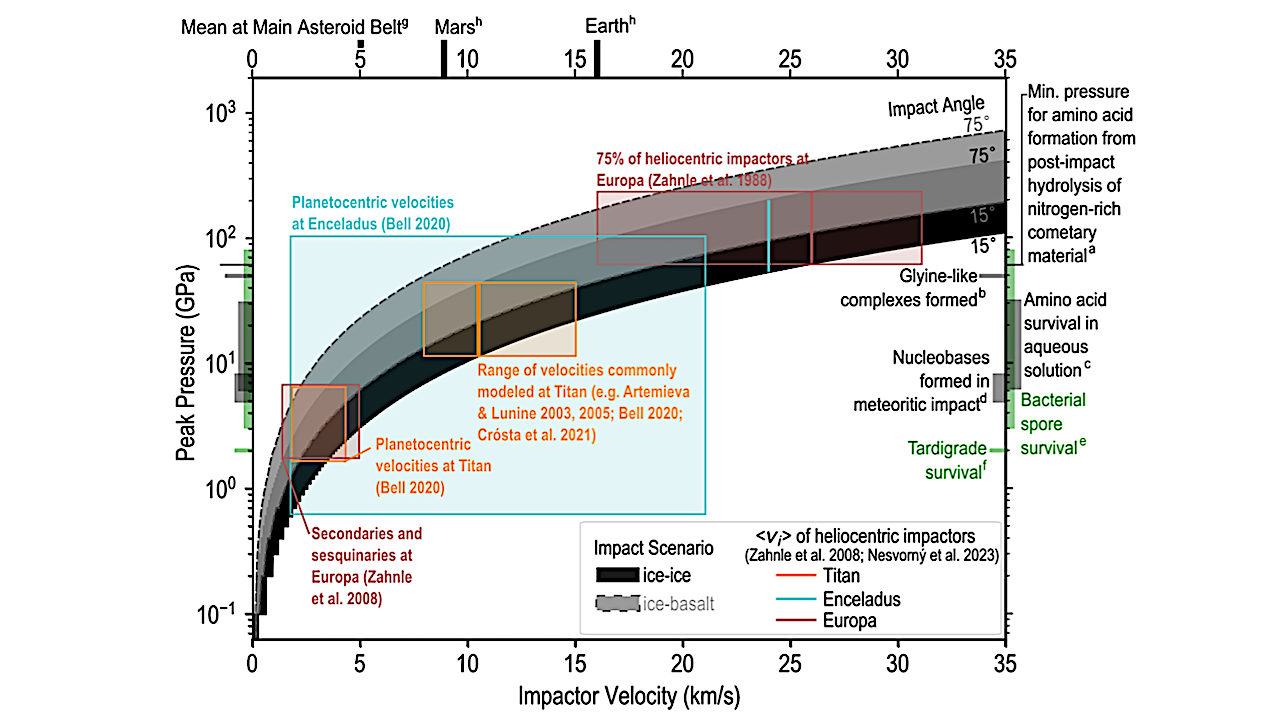

Impact velocities and first contact pressures relevant to OW for ice (solid, black) and basalt (dashed, gray) projectiles into ice targets at a representative span of impact angles between 15° and 75°. Shock studies of biota (green) or biologically relevant molecules (black) shown along the y-axes; impactors in the inner solar system shown at the top for context. Vertical orange, teal, and magenta bars indicate the average impact velocity of heliocentric impactors calculated by Zahnle et al. (2008); Nesvorný et al. (2023)a; Martins et al. (2013)b; Goldman et al. (2010)c; Blank et al. (2001)d; Furukawa et al. (2015)e; Horneck et al. (2001); Burchell (2007); Stöffler et al. (2007); Burchell et al. (2014)f; Traspas & Burchell 2021 g; O’Brien & Sykes (2011)h; Le Feuvre & Wieczorek (2008). — Planetary Science Journal
Evidence for the beneficial role of impacts in the creation of urable or habitable environments on Earth prompts the question of whether meteorite impacts could play a similar role at other potentially urable/habitable worlds like Enceladus, Europa, and Titan.
In this work, we demonstrate that to first order, impact conditions on these worlds are likely to have been consistent with the survival of organic compounds and/or sufficient for promoting synthesis in impact melt.
We also calculate melt production and freezing times for crater sizes found at Enceladus, Europa, and Titan and find that even the smallest craters at these worlds offer the potential to study the evolution of chemical pathways within impact melt.
These first-order calculations point to a critical need to investigate these processes at higher fidelity with lab experiments, sophisticated thermodynamic and chemical modeling, and, eventually, in situ investigations by missions.
Impacts on Ocean Worlds Are Sufficiently Frequent and Energetic to Be of Astrobiological Importance, Planetary Science Journal (open access)
Astrobiology
Stay Informed With the Latest & Most Important News
Previous Post
Next Post
-
 01Two Black Holes Observed Circling Each Other for the First Time
01Two Black Holes Observed Circling Each Other for the First Time -
 02From Polymerization-Enabled Folding and Assembly to Chemical Evolution: Key Processes for Emergence of Functional Polymers in the Origin of Life
02From Polymerization-Enabled Folding and Assembly to Chemical Evolution: Key Processes for Emergence of Functional Polymers in the Origin of Life -
 03Astronomy 101: From the Sun and Moon to Wormholes and Warp Drive, Key Theories, Discoveries, and Facts about the Universe (The Adams 101 Series)
03Astronomy 101: From the Sun and Moon to Wormholes and Warp Drive, Key Theories, Discoveries, and Facts about the Universe (The Adams 101 Series) -
 04True Anomaly hires former York Space executive as chief operating officer
04True Anomaly hires former York Space executive as chief operating officer -
 05Φsat-2 begins science phase for AI Earth images
05Φsat-2 begins science phase for AI Earth images -
 06Hurricane forecasters are losing 3 key satellites ahead of peak storm season − a meteorologist explains why it matters
06Hurricane forecasters are losing 3 key satellites ahead of peak storm season − a meteorologist explains why it matters -
 07Binary star systems are complex astronomical objects − a new AI approach could pin down their properties quickly
07Binary star systems are complex astronomical objects − a new AI approach could pin down their properties quickly













